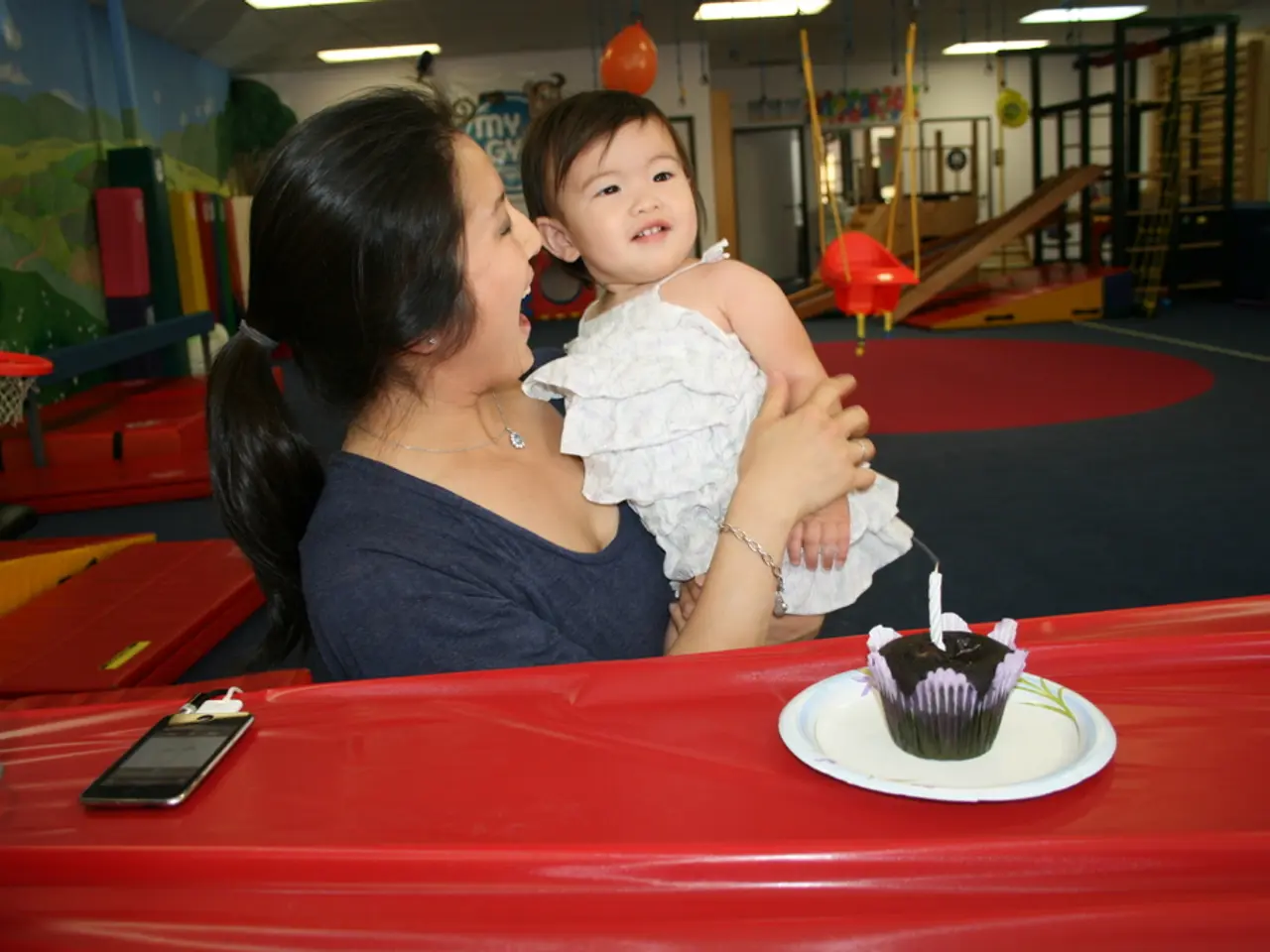Expectant mother resorts to marijuana for relieving morning sickness; state authorities deem her a child abuser.
Idaho's Strict Marijuana Laws and Pregnant Women's Rights Under Scrutiny
In Idaho, the use of THC, the active ingredient in marijuana, is illegal for all purposes, including prenatal use. This has significant implications for women's rights, particularly in terms of bodily autonomy, privacy, and reproductive freedom.
The state's strict marijuana laws mean that women who use THC during pregnancy risk losing custody of their children or facing other punitive actions by child protective services (CPS). Testing positive for marijuana after childbirth has led to severe repercussions for some women in Idaho.
The Idaho Child Protection Central Registry, the state government's list of people substantiated for child abuse, neglect, or abandonment, is actively involved in these cases. Women who test positive for THC after childbirth may face potential child removal, as well as other legal and social consequences.
This policy environment significantly impacts women’s rights, particularly in terms of bodily autonomy, privacy, and reproductive freedom. Use of THC during pregnancy may result in legal intervention and child welfare investigations despite the lack of prenatal marijuana legalization or protections for pregnant users.
The lawsuit filed by Keeva Rossow, a woman who was placed on Idaho's Child Protection Central Registry for a minimum of 10 years for prenatal THC use, argues that the state's decision violates her right to due process. The state substantiated Rossow's THC use by conducting a test on her umbilical cord blood without her consent.
Sarah Roberts, a professor and legal epidemiologist at the University of California, San Francisco, stated that these types of policies force pregnant people to forgo prenatal care out of fear of being reported to child welfare or being criminalized by the state.
It's important to note that no federal or Idaho state law explicitly legalizes or exempts prenatal marijuana use in Idaho. This creates tension between public health approaches advocating for medical marijuana (in some states) and punitive child welfare practices in Idaho.
The federal law created in 2016 mandates that medical professionals notify child protection agencies when newborns are affected by prenatal drug use or exposure. Around 20 other states have similar registries that define prenatal substance use as child abuse.
Despite the ongoing controversy, no recent legislative changes suggest a shift toward legalization or decriminalization of prenatal THC use in Idaho as of mid-2025. The repercussions of this policy on women's rights and public health remain a topic of ongoing debate and concern.
| Aspect | Status in Idaho | |-------------------------|---------------------------------------------------------------------| | Legal status of THC use | Illegal for all purposes, including prenatal use | | Medical marijuana | Not legal, no program | | Impact on women’s rights| Women risk prosecution, loss of custody, CPS investigation for prenatal THC exposure | | Child protective services action | Active repercussions for positive THC tests post-childbirth, including potential child removal |
- The use of THC, the active ingredient in marijuana, during pregnancy is a contentious issue in Idaho, as it can lead to legal intervention and child welfare investigations.
- The state's strict marijuana laws impact women's rights significantly, particularly in terms of bodily autonomy, privacy, and reproductive freedom.
- Women who test positive for THC after childbirth in Idaho may face potential child removal, as well as other legal and social consequences, such as being placed on the Idaho Child Protection Central Registry.
- A lawsuit has been filed in Idaho arguing that a woman's right to due process is violated when her THC use is substantiated via a test on her umbilical cord blood without her consent.
- The federal law mandates that medical professionals notify child protection agencies when newborns are affected by prenatal drug use or exposure, and around 20 other states have similar registries that define prenatal substance use as child abuse.
- No recent legislative changes suggest a shift towards the legalization or decriminalization of prenatal THC use in Idaho, and the repercussions of this policy on women's rights and public health remain a topic of ongoing debate and concern as of mid-2025.




